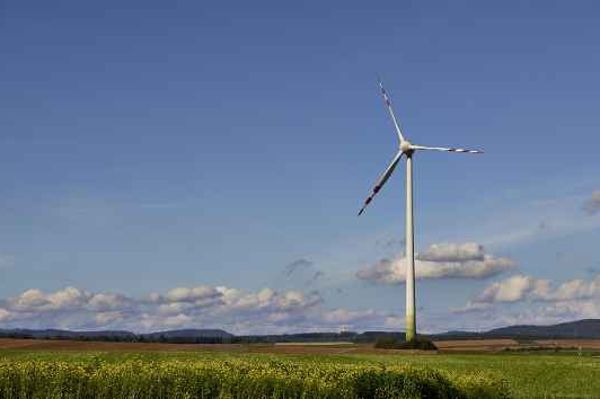Overview of Biofuels

“Biofuels” are liquid or gaseous fuels produced from biomass and intended as fuel for the operation of vehicle combustion engines.
Biofuels at a Glance
“Biofuels” refers to liquid or gaseous fuels produced from biomass and intended for use as fuel in vehicle combustion engines.
Biofuels are often classified as first-, second-, and third-generation biofuels, although these categories are not strictly defined.
First-generation biofuels usually mean those fuels produced from specific parts of plants (such as oil, starch, sugar), while the majority of the plant is used for other purposes, for example as animal feed. This category includes currently marketed and industrially produced fuels like biodiesel, which is made from vegetable oil or used cooking oil, and bioethanol, which is produced by fermenting grains or sugarcane.
Second-generation biofuels are those produced using the whole plant as raw material. Examples include cellulosic bioethanol from straw or BTL (biomass-to-liquid) biodiesel from wood. All these processes are technically more complex than those used to produce first-generation biofuels and are currently at the demonstration and pilot plant stages.
Third-generation biofuels come from algae, which is purely a research topic at present. It is still uncertain if and when these fuels will reach market maturity.
In Austria, 6.77 percent of fossil fuels were substituted by biofuels in 2012, placing Austria among the leading EU27 countries. All data on the annual quantities of biofuels used in Austria can be found in the Biofuels Report.
Biofuels as a Climate Protection Measure
When biofuels are burned, CO2 is released just as with fossil fuels. This CO2 is called biogenic CO2 and is considered climate-neutral because burning biofuels releases only as much carbon dioxide as the plants absorbed from the atmosphere during their growth — unlike fossil fuels.
Biofuels are not entirely climate-neutral, however, because fossil greenhouse gas emissions occur during biomass production (e.g., use of machinery, nitrous oxide emissions from fertilization), biofuel production (e.g., electricity consumption of facilities), and transport of biofuels (e.g., fuel used for delivery to filling stations).
The use of biofuels is primarily responsible for the reversal of the upward trend in greenhouse gas emissions from the transport sector in Austria. In 2017, about 1.6 million tons of CO2 emissions were saved through the use of biofuels in Austria.
Legal Framework
The use of biofuels in Austria is mainly regulated by two EU directives and their national implementation through the Fuel Ordinance:
For 2020, the targets of the Renewable Energy Directive (RES) 2009/28/EC, which was repealed at the end of 2018, still apply. Besides the overarching target for renewable energy sources (20 percent EU-wide; 34 percent for Austria), this directive included a sub-target for the transport sector: by 2020, at least 10 percent of the energy used in transport in each member state had to come from renewable sources. These include biofuels, renewable electricity for railways, and electric vehicles.
The successor directive (EU) 2018/2001 (RES II) is a recast of this directive and sets a minimum share of renewable energy in transport of 14 percent by 2030.
Furthermore, the directive contains sustainability criteria for biofuels, which were already included in the original RES and are also reflected in the EU Fuel Quality Directive 2009/30/EC. This directive also sets a goal for fossil fuel suppliers to reduce greenhouse gas emissions by at least 6 percent by 2020, a target to which biofuels contribute significantly.
The Austrian Fuel Ordinance (2012) implements these EU directives into national law. It regulates the specifications for different fuel types, the required substitution quotas, and the sustainability criteria for biofuels. Currently, Austria requires that 5.75 percent (measured by energy content of all fossil petrol and diesel fuels placed on the market) must be substituted by biofuels. RES II is currently in the process of being implemented.
Biofuels and Sustainability
According to the Fuel Ordinance, all biofuels counted towards the substitution targets must comply with the sustainability criteria set out in the ordinance. The sustainability requirements apply to all biofuels (e.g., biodiesel, bioethanol, vegetable oil, and biogas) and liquid biofuels. Proof of sustainability in Austria is managed via the electronic system “elNa” (Umweltbundesamt), which is operated by Umweltbundesamt GmbH.